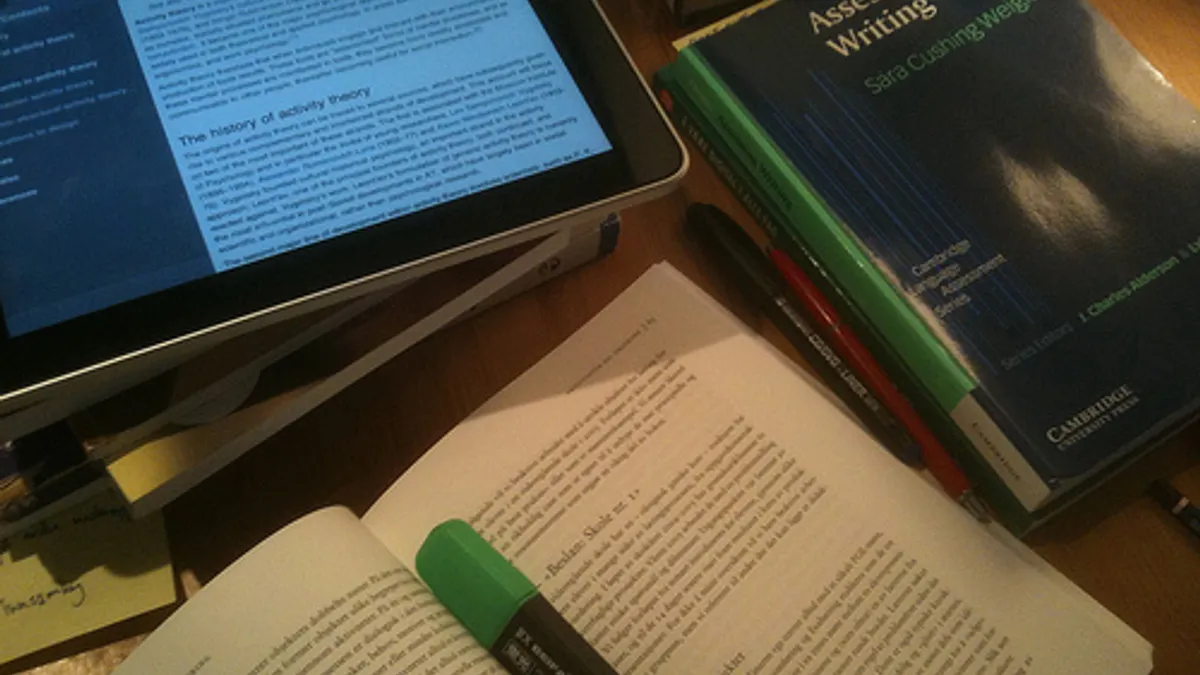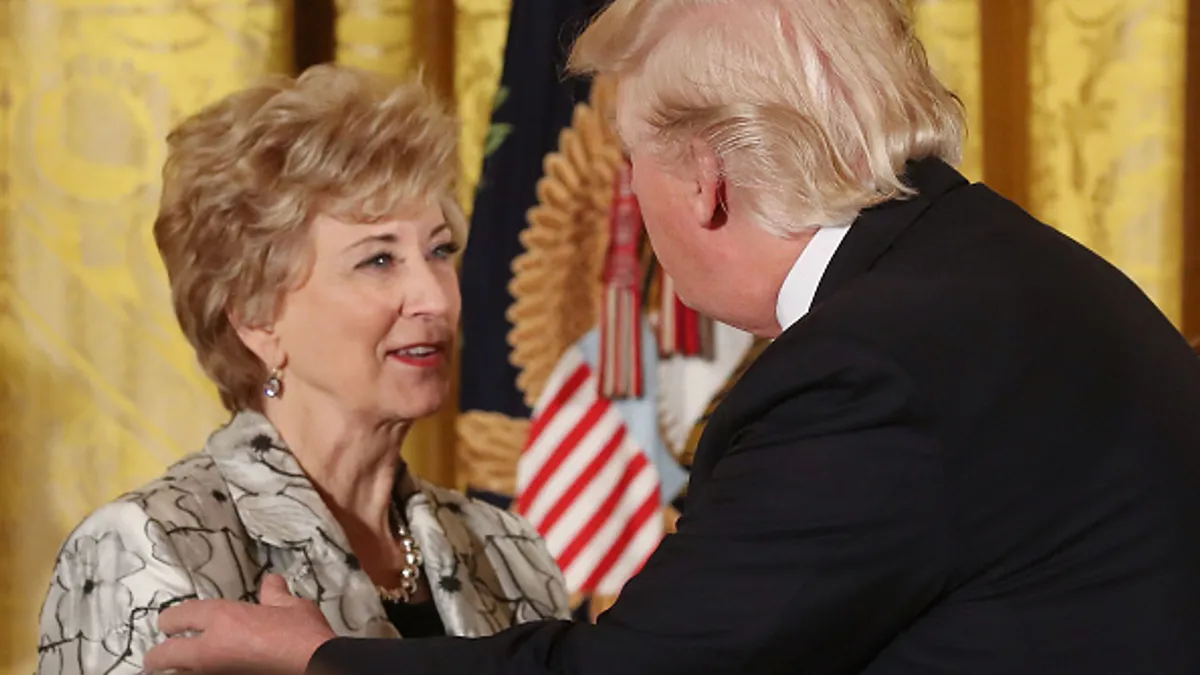Dive Brief:
- The Econocracy was recently released as a treatment on the ways in which economic policymaking and interpretation is often lost on the general public, and even on the individuals working to shape policy.
- One reviewer says the critique of the field should spur a movement for economics to become part of a collaborative discipline which involves politics, economics, and philosophy in order to make findings more relevant and easily understood by a larger cross-section of citizens.
- Economics is not the only discipline criticized for its inaccessible language and overuse of jargon, however; from the arts and sciences to research on social construct, there is often a gap between data and application to outcomes.
Dive Insight:
Higher education is not a more valued element of public discourse and legislative decision-making, in part, because it is difficult for many researchers and academics to use plain language in talking about critical findings. Thus much of the research conducted reaches few outside of the handful of those who will read the academic journal in which it is published.
Toning down academic language could encourage more receptivity from key influencers around higher education, and could foster easier pathways to cross-disciplinary studies and degrees, which can help students become more marketable in the workplace.








